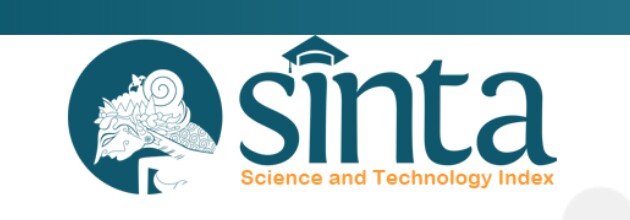Revitalization Of Learning Loss in Moji level Intermediate of Japanese Language Education Program Brawijaya University
DOI:
https://doi.org/10.15294/chie.v12i2.3763Keywords:
Learning Loss, The Covid-19 Pandemic, Japanese vocabulary, MojiAbstract
This study explores the learning loss experienced at the Moji Intermediate level within the Japanese Language Education Study Program during the COVID-19 pandemic. Over a period of two years, traditional face-to-face learning was replaced by online instruction, which affected the implementation of certain learning stages, such as kanji writing exercises conducted in the classroom. This research aims to identify the extent of learning loss during online learning, specifically with kanji writing skills at the Moji Intermediate level. A descriptive qualitative method was used, comparing course grades from both online and offline learning periods. According to Rajesh, Hasibuan, Susanto, Solihat et al. (2022), while learning loss has been widely studied with various approaches, few have addressed its impact on specific courses, particularly in Japanese language education. The findings reveal that online learning significantly reduced students' kanji writing abilities. As a result, teachers must adopt new strategies to compensate for this gap and ensure that students perform well on the Japanese Language Proficiency Test (JLPT), which is essential for graduation from the Japanese Language Education Study Program.
Downloads
References
Aji, R.H.S. (2020). Dampak covid-19 pada pendidikan di indonesia: Sekolah, keterampilan, dan proses pembelajaran. Jurnal Sosial & Budaya Syar-i, 7(5), 395-402.
Andriani, W., Subandowo, M., Karyono, H., & Gunawan, W. (2021). Learning loss dalam pembelajaran daring di masa pandemi corona. Seminar Nasional Teknologi Pembelajaran, 1(1), 484-501.
Bhoite. R.H. (2022). E-learning and a threat of learning loss. AMIERJ, vol-XI (2), 286-296. https://doi.org/10.5281/zenodo.7093430
Cerelia, J. J., Sitepu, A. A., & Toharudin, T. (2021, December). Learning loss akibat pembelajaran jarak jauh selama pandemi Covid-19 di Indonesia. In E-Prosiding Seminar Nasional Statistika| Departemen Statistika FMIPA Universitas Padjadjaran (Vol. 10, pp. 27-27).
Denney, A.S., & Tewksbury, R. (2013). How to write a literature review. Journal of criminal justice education, 24(2), 218-234.
Engzell, P., Frey, A., & Verhagen, M.D. (2021). Learning loss due to scholl closures during the covid-19 Pandemic. https://doi.org/10.1073/pnas.2022376118
Hasibuan, A.D. (2022). Teaching clinic sebagai upaya mengentaskan learning loss mahasiswa pasca pandemi covid-19. Al-Mursyid : Jurnal Ikatan Alumni Bimbingan dan Konseling Islam (IKABKI), 4(1), 2656-2782.
Kurniawan, M.T.A. (2020, December). Artikel Review: Dampak Pandemi Covid-19 Terhadap Pendidikan Di Indonesia. Seminar Nasional Keolahragaan, 1, 5-7.
Moleong. (2018). Metodologi penelitian kualitatif. Bandung: PT Remaja Rosdakarya.
Mukhtar. (2013). Metode praktis penelitian deskriptif kualitatif. Jakarta: GP Press Group.
Solihat, A.N., Sadiah, A., & Gumilar, G. (2022). Pengaruh pembelajaran daring terhadap learning loss dan implikasinya terhadap learning outcome. Jurnal Inovasi Pendidikan Ekonomi (JIPE), 12(1), 12-22.
Sovayunanto, R. (2022). Learning loss dan faktor-faktor penyebab di sekolah menengah pertama (smp). Jurnal Mahasiswa BK An-Nur : Berbeda, Bermakna, Mulia, 8(1), 12-17.
Sugiyono. 2015. Metode penelitian kuantitatif, kualitatif, dan R&D. Bandung : ALFABETA
Susanto. (2022). The challenges of learning loss in english language learning at islamic higher education in the post-pandemic. Script Journal, 7(1), 140–157. https://doi.org/10.24903/sj.v7i01.1076
Thakur, H.K. (2021). Research methodology in social sciences. New Delhi: Corvette.
Downloads
Published
Article ID
3763Issue
Section
License
Copyright (c) 2024 Chi e Journal of Japanese Learning and Teaching

This work is licensed under a Creative Commons Attribution 4.0 International License.











